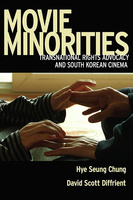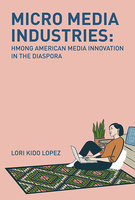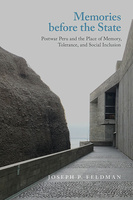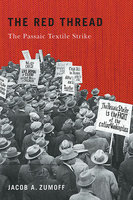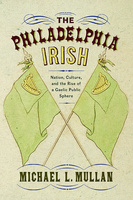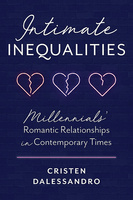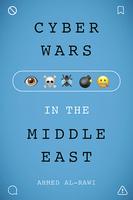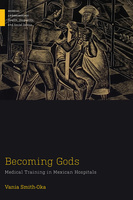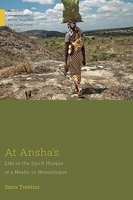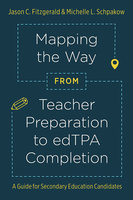
Bold Ideas, Essential Reading since 1936.
Rutgers University Press is dedicated to the advancement and dissemination of knowledge for a wide range of readers. The Press reflects and extends the University’s core mission of research, instruction, and service. They enhance the work of their authors through exceptional publications that shape critical issues, spark debate, and enrich teaching. Core subjects include: film and media studies, sociology, anthropology, education, history, health, history of medicine, human rights, urban studies, criminal justice, Jewish studies, American studies, women's, gender, and sexuality studies, LGBTQ, Latino/a, Asian and African studies, as well as books about New York, New Jersey, and the region.
Rutgers also distributes books published by Bucknell University Press.
Ties That Enable
Community Solidarity for People Living with Serious Mental Health Problems
The Reimagined PhD
Navigating 21st Century Humanities Education
Star Wars Multiverse
Special Admission
How College Sports Recruitment Favors White Suburban Athletes
Robin and the Making of American Adolescence
Movie Minorities
Transnational Rights Advocacy and South Korean Cinema
Micro Media Industries
Hmong American Media Innovation in the Diaspora
Memories before the State
Postwar Peru and the Place of Memory, Tolerance, and Social Inclusion
Indigenous Peoples Rise Up
The Global Ascendency of Social Media Activism
Embracing Age
How Catholic Nuns Became Models of Aging Well
U.S. Power in International Higher Education
U.S. Power in International Higher Education
The Red Thread
The Passaic Textile Strike
The Philadelphia Irish
Nation, Culture, and the Rise of a Gaelic Public Sphere
This monograph describes the flowering of the Irish American community and the 1890s growth of a Gaelic public sphere in Philadelphia, a movement inspired by the cultural awakening in native Ireland, transplanted in Philadelphia’s robust Irish community. The Philadelphia Irish embraced this export of cultural nationalism, reveled in Gaelic symbols, and endorsed the Gaelic language, political nationalism, Celtic paramilitarism, Gaelic sport and a broad ethnic culture.






